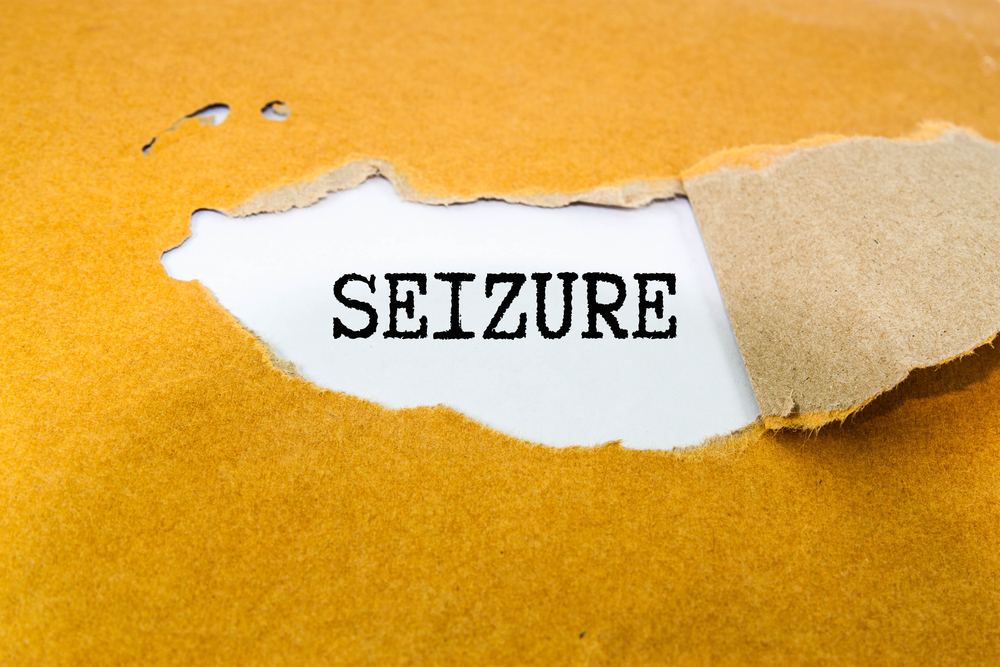SLE Patients with History of Psychosis, Neuropathy May Be at Risk of Seizures
Written by |

Systemic lupus erythematosus (SLE) patients may be at a higher risk of seizures if they have a history of psychosis, neuropathy, proteinuria, or are currently using corticosteroids — among other factors — according to a study recently published in the Journal of Rheumatology, titled “Predictors of Incident Seizure in Systemic Lupus Erythematosus.”
Xiang Yang Huang, MD, PhD, an associate professor at the Sichuan University School of Medicine in China, conducted a prospective study in 2,259 SLE patients who were recruited using the Hopkins Lupus Cohort 1987 and 2013. Incident seizures were examined at the time of SLE diagnosis, more than 45 days after the diagnosis, and after cohort entry. Dr. Huang was assisted in the study by colleagues from the University of Maryland School of Medicine and the Johns Hopkins University School of Medicine.
Of the 2,203 patients with no history of seizure prior to SLE diagnosis, 157 (7.13%) either had a first seizure occurrence at the time of diagnosis (37 patients, 1.68%) or after diagnosis (120 patients, 5.45%). The researchers found that patients who had a history of proteinuria, serositis malar rash, and psychosis were at highest risk of a seizure around the time of SLE diagnosis. Even though there was a trend toward a higher risk in patients with anti-Sm antibodies, this result was not statistically significant.
A history of psychosis, cranial or peripheral neuropathy, aseptic meningitis, organic brain syndrome, cerebrovascular disease, cognitive impairment, current corticosteroid use, and abnormal CT scan were all indicators associated with the onset of seizures in patients with SLE. The results further revealed that anti-Sm antibodies, and low complement 3 (C3) and C4 were associated with a new onset of seizures.
Seizures in SLE patients can occur in the setting of an active multisystem disease or as an isolated clinical event. Evidence has shown that antiphospholipid (aPL) antibodies are linked with seizures.




